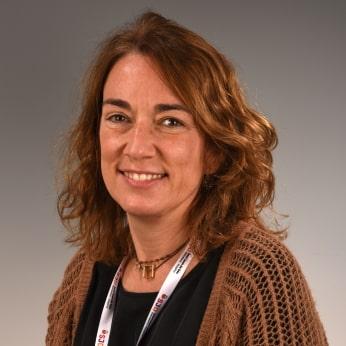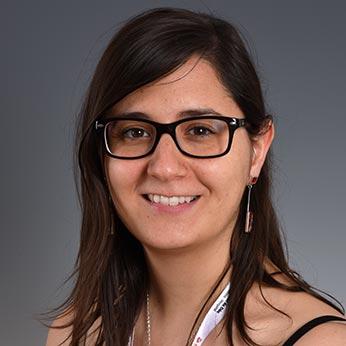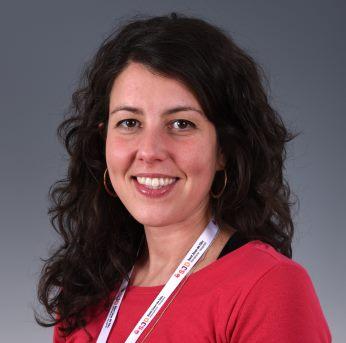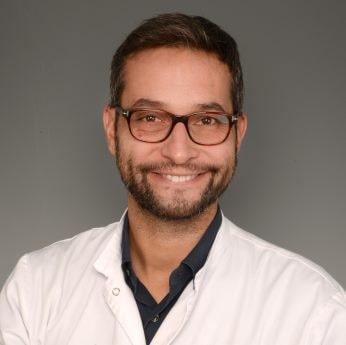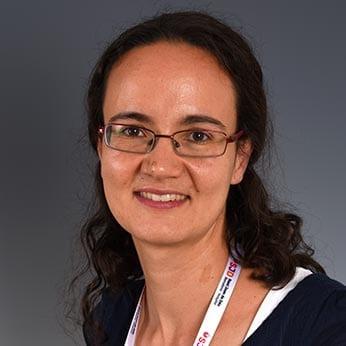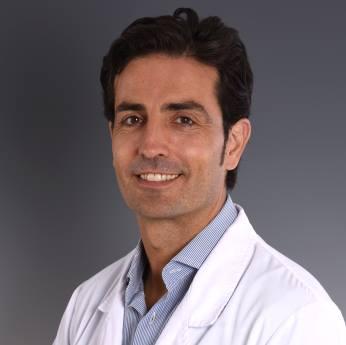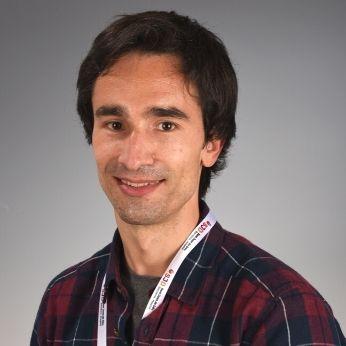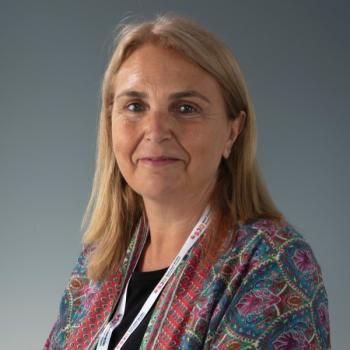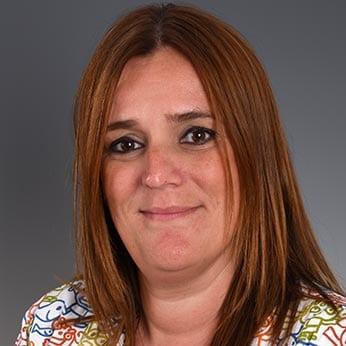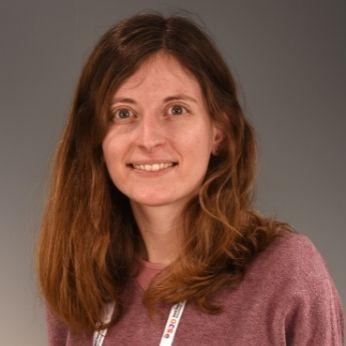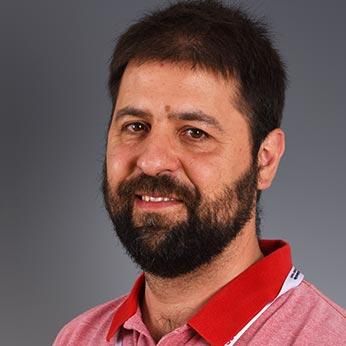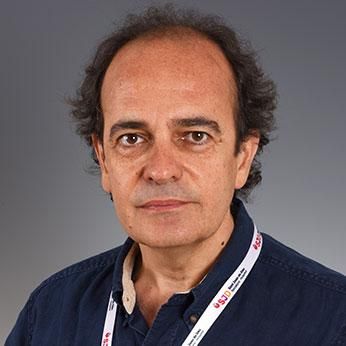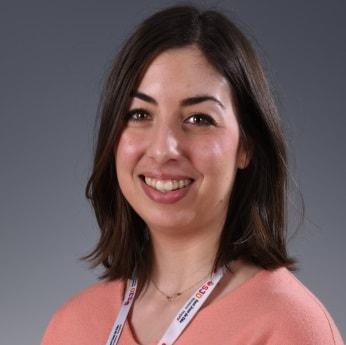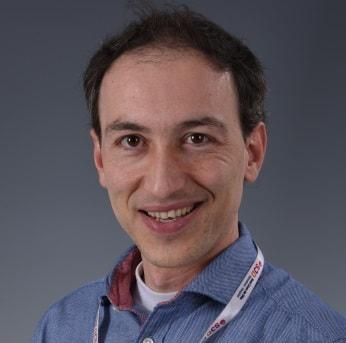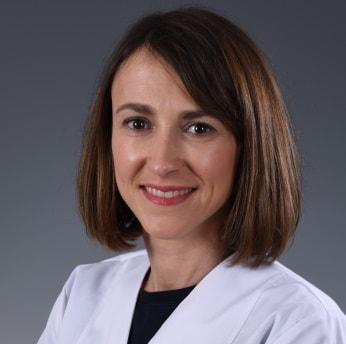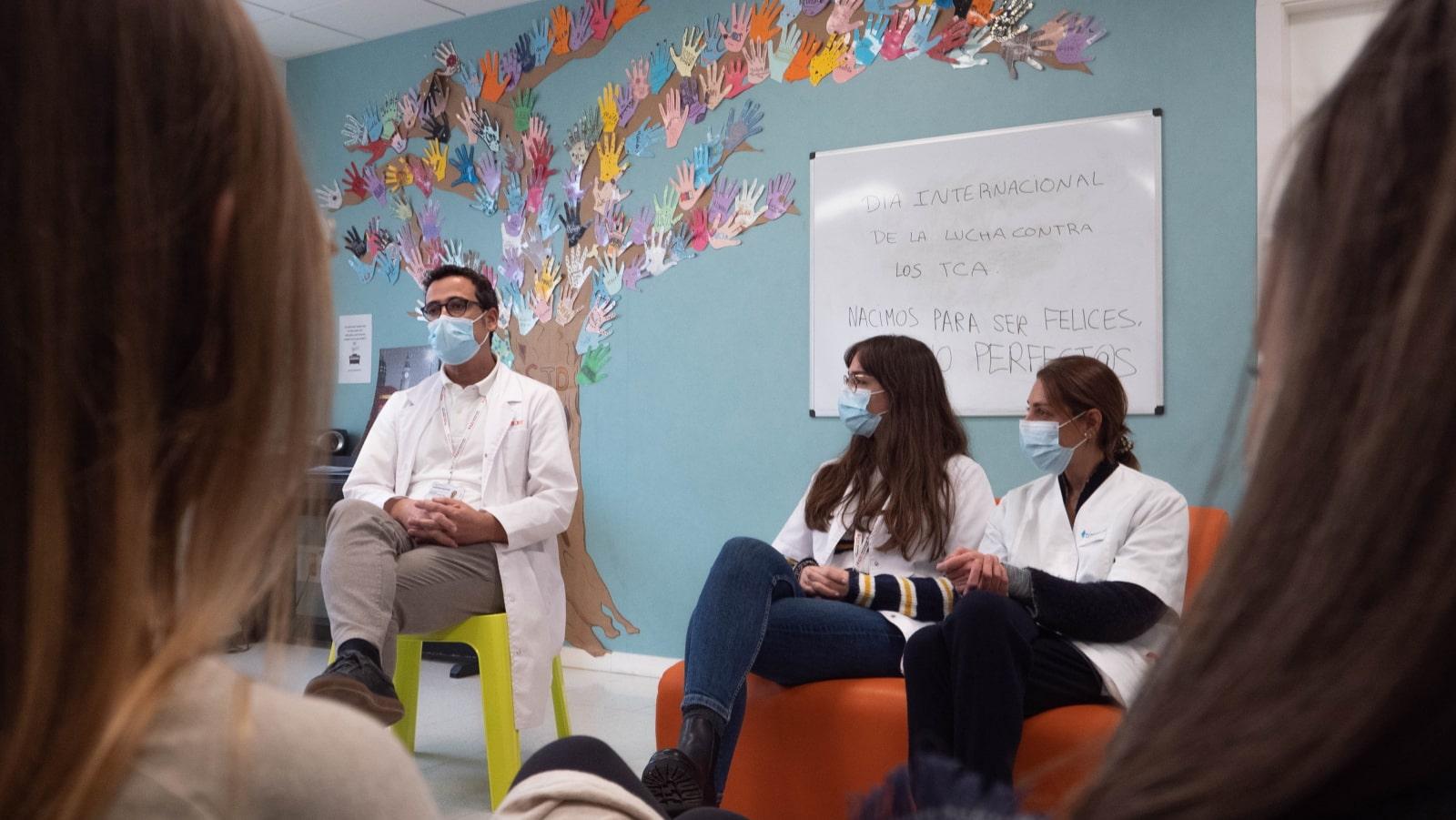
We care for the mental health of children and adolescents by seamlessly integrating a human touch with the latest scientific advances.
The Mental Health Area at SJD Barcelona Children's Hospital offers comprehensive, multidisciplinary, innovative, specialised and leading care in mental health to patients under the age of 18 and their families. This is provided in a committed, respectful and efficient manner by integrating all levels of care. In Catalonia, we care for 20% of the child and youth population.
We have more than 40 years of experience and our professionals are highly trained and capable of meeting the needs of children and adolescents.
Our clinical specialisation units in mental health care for complex disorders and emerging problems that require specialised knowledge. Our Clinical Specialisation Units (CSUs) are as follows:
- Neurodevelopmental Disorders Unit.
- Autism spectrum and social communication disorders.
- Serious attention deficit hyperactivity disorder (ADHD), secondary ADHD and ADHD with comorbidity.
- Psychopathology in children 0-5 years of age.
- Toxic addictive behaviour and behavioural disorder unit.
- Eating disorders and related diseases.
- Psychotic and serious affective disorder unit.
Why SJD Barcelona Children's Hospital?
Our acquired experience and social commitment help us to innovate and spread our specialist knowledge.
We work in conjunction with all Mental Health network resources and Hospital paediatric departments to create links with patients and their families, and to achieve the required healthcare coherence and continuity.
The activities at SJD Barcelona Children's Hospital complete the care offered by all resources from the Catalonia community mental health network and from the different in-hospital paediatric departments, as well as offering support to professionals.
We have a paediatric diseases Mental Health Unit, which takes care for children and adolescents who suffer from other disorders and also require psychiatric and psychological care.
Our collaboration with other departments
We have a paediatric diseases Mental Health Unit, which takes care for children and adolescents who suffer from other disorders and also require psychiatric and psychological care
We participate in the following hospital programmes:
- Functional care unit for sexually abused minors.
- Haematology/Oncology, TBI and Nephrology.
- PKU, cochlear implant and microtia.
- Endocrinology.
- Psychological and psychiatric maternity support (women's care).
- Chronic care.
Specialities and services
Related Units
We work in coordination with the school so that children with learning difficulties can develop their full potential.
SJD Barcelona Childrens cares for suspected child abuse.
Pathologies we treat
Treatments we offer
Our professionals
Our children have a unique way of being in the world, and we help them to fit in.
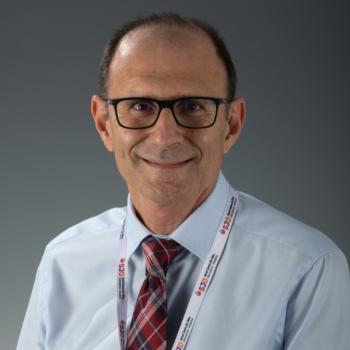


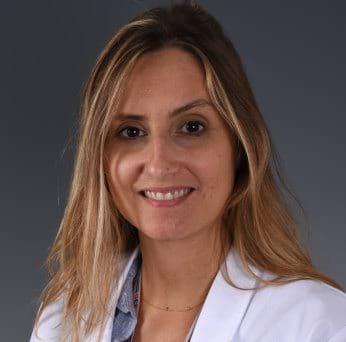
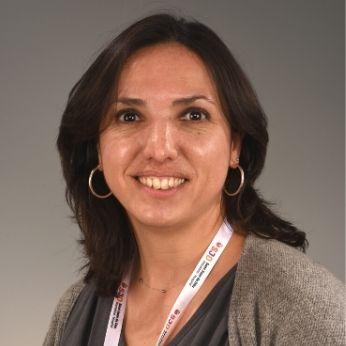
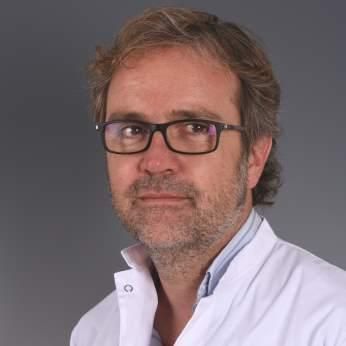
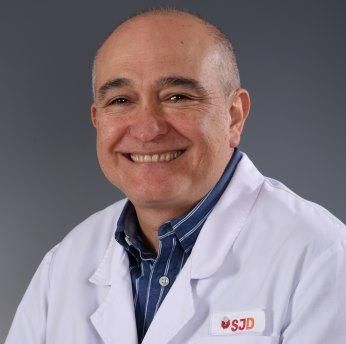

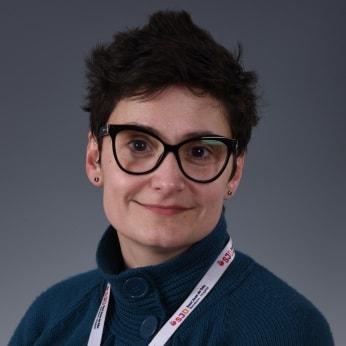
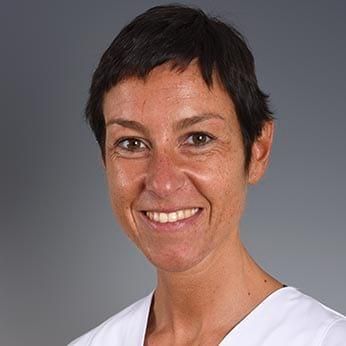




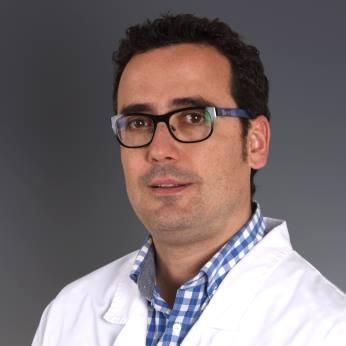
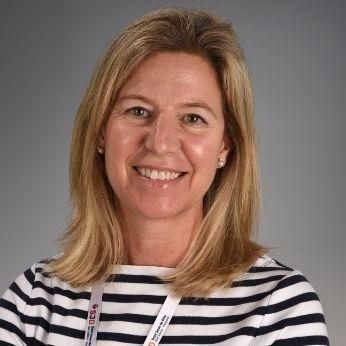

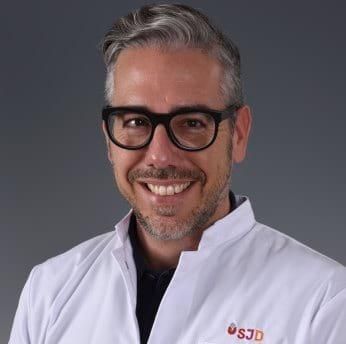
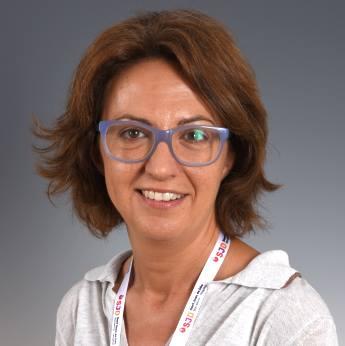
Nurse
- Jordi Juanico Sabaté, social educator.
- Bárbara Corbella Santoma
- Neus Elias Carbonell
- Maria Elias Abadías
Outpatient services - Clinical specialisation units team

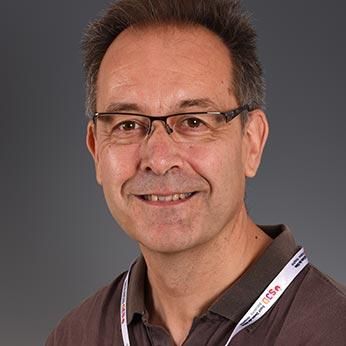
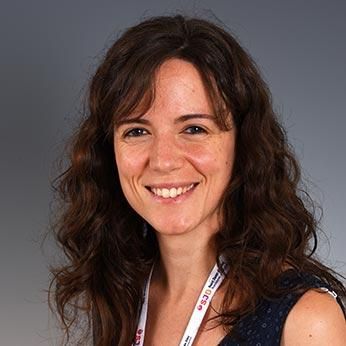
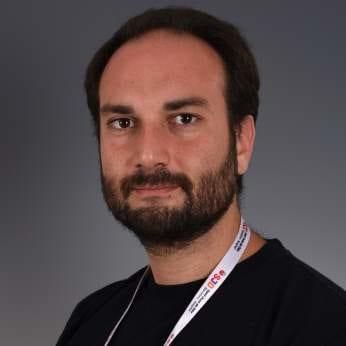


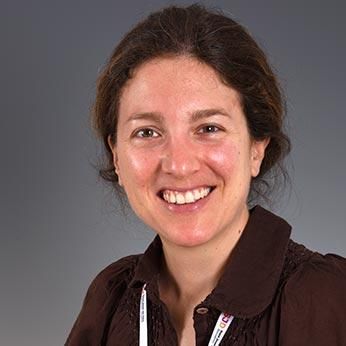
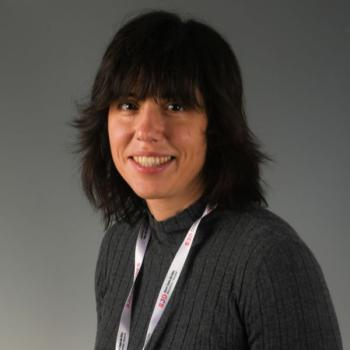
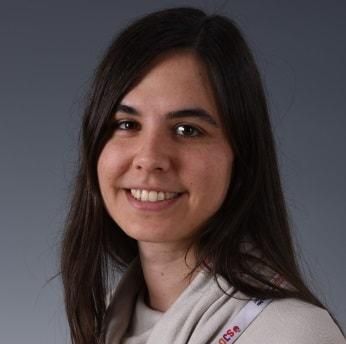
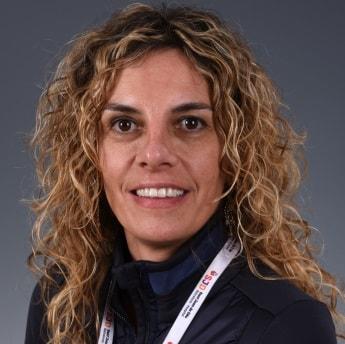
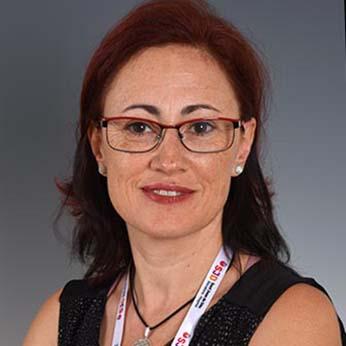
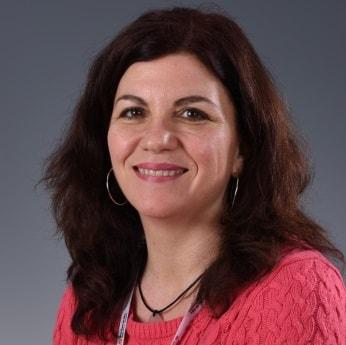
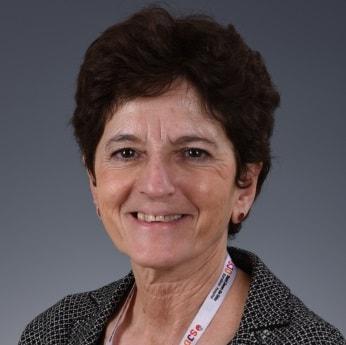
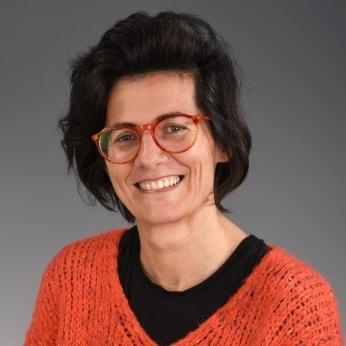
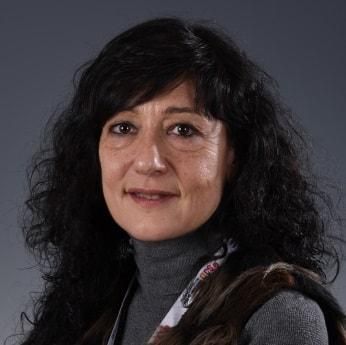
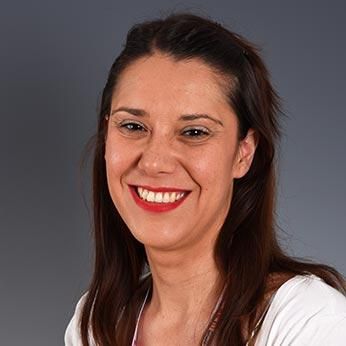
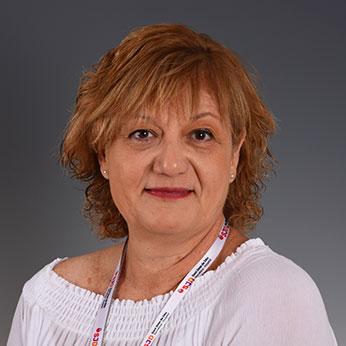

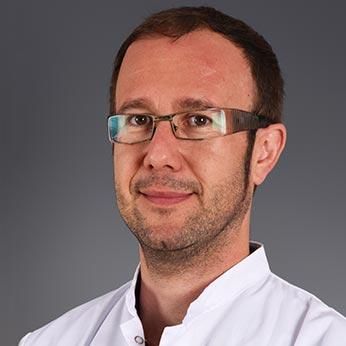
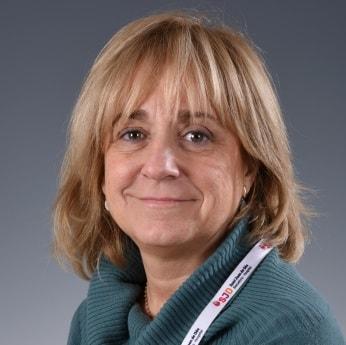


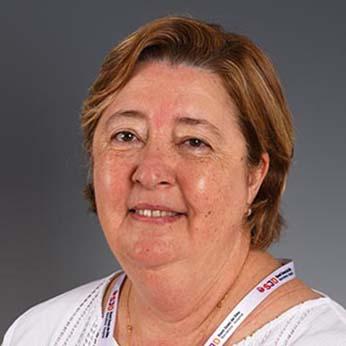
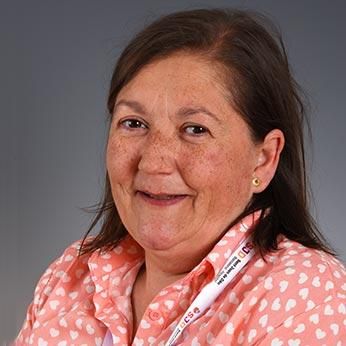
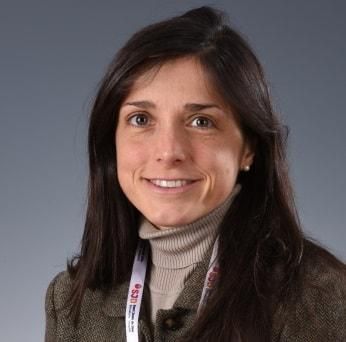

Our facilities
This unit, created more than 15 years ago, has been increasing its capacity as demand for admission has been increasing. Since late 2009, it has occupied a hospital annex called ITAKA, which has four floors each covering nearly 500 m2. Its facilities were designed according to a care model that seeks to become a leader in the field of child mental health and minimise the impact of hospitalisation on children.
The outpatient services of the Psychiatry and Psychology Department are organised as specific programmes implemented within the department or in collaboration with other hospital departments. They constitute what are called clinical specialisation units (CSUs). These units, which belong to the Mental Health and Addictions Network, offer a portfolio of services complementary to community care resources and provide support in complex diseases and emerging problems. Outpatient services are located on the ground floor of the ITAKA building. They consist of 12 consulting rooms, a secretary's office, a multi-purpose room and a classroom.
Psychiatric emergencies are treated in the general hospital emergency department. It has a consulting room adapted for psychiatric patients. Since 1999, SJD Barcelona Children's Hospital has been the leading centre in Catalonia for psychiatric emergencies in children and adolescents (0-18 years of age). A child psychiatrist is available 24 hours a day.
Intensive treatment space for the most severe cases of eating disorders in children and adolescents under the age of 18 and their families.
Minerva Therapeutic Unit
The ED Minerva Therapeutic Unit is an intensive treatment space for the most severe cases of eating disorders in children and adolescents under the age of 18 and their families.
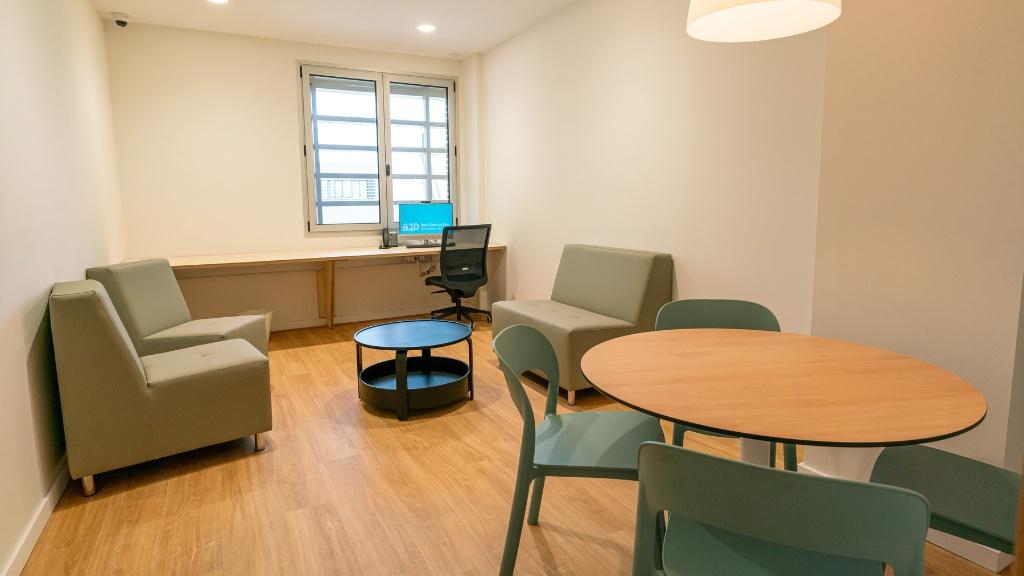
SJD Barcelona Children's Hospital has a unit, called UTTCA-Minerva, which offers an intensive and comprehensive response to the most serious and complex cases of eating disorders (ED) in children and adolescents under 18 years of age who have not been able to be stabilised, even if they have been treated for more than a year in total or partial hospitalisation.
This unit of the Mental Health Area of the Hospital provides for the admission of the family and the patient in a flat close to the centre. It has the capacity to simultaneously attend 20 patients and the approximate duration of treatment is four months. The UTTCA-Minerva covers the whole of Catalonia and is included in the Plan for the Improvement of Care for People with Eating Disorders, presented by the Department of Health of the Generalitat de Catalunya.
Eating disorders have become one of the most prevalent disorders in mental health centres. They affect between 5 and 8% of the adolescent and young adult population, mostly girls. In one out of every two cases, they manifest themselves before the age of 14 and 20-30% evolve towards chronicity.
Why SJD Barcelona Children's Hospital?
The UTTCA-Minerva of high complexity for children and adolescents, created at SJD Barcelona Children's Hospital, offers:
- Reducing the period of hospitalisation of these girls and moving the treatment to their natural environment to increase the guarantees of success and avoid the chronicity of the disease.
- The implementation of an intensive treatment programme that gives the family a key support role, empowering them and giving them the tools to cope with the disease.
- A team of professionals from different disciplines who assess the complexity of each case, make a differential diagnosis and design the treatment plan.
- A monitoring system that allows us to know at all times, and in real time, the evolution of all patients being treated in the unit.
Intensive treatment in four phases
The UTTCA-Minerva provides treatment that includes intensive therapeutic actions in the family environment and in the patient's natural environment. It includes four phases with a therapeutic care plan that progressively decreases until the patient is linked to the reference ED devices in their territory.
- Hospitalisation of the patient. The patient is admitted to the hospital in a specially equipped space with four rooms (three doubles and one single), two multi-purpose rooms and a quiet area. During this admission, which is expected to last an average of 30 days, the professionals work to get the patient back to a healthy eating pattern. Empowerment of the family is also initiated through the ‘family meal’ methodology.
- Admission of the family and the patient to a flat. In this second phase, the family is incorporated into the treatment, moving to live with the patient in one of the flats that the Hospital has set up near the centre. There, the professionals continue the treatment with the patient - which consists of individual and group therapies - and empower the family so that they have the tools to enable them to cope with the situations that arise in everyday life as a result of the disease.
- Home transfer and home treatment. Once the professionals consider that the family and the patient are ready to go back to their normal life, they return home and, from then on, it is the professionals who periodically visit the patient's home to continue the treatment. The professionals work to promote, on the one hand, the patient's autonomy with regard to eating and, on the other, her return to school or high school.
- Referral to the reference ED Unit. This is the last stage of treatment in which the team of professionals at the Hospital accompanies the patient in her referral ED Unit in her reference area. The aim is to ensure continuity of care in the therapeutic process.
We treat patients who have arrived via the Emergency Department and need quick monitoring of diagnostic matters, therapeutic regimens and changes in risk factors or protection. Patients without a therapeutic link to the healthcare network are treated and this link is developed. After 1-3 visits, the patient is referred to the appropriate healthcare resources depending on the situation.
Residential therapeutic and educational centre for boys and girls under the age of 18 who have mental disorders that are particularly complex together with delicate social, family or clinical conditions.
Residential Centre for Intensive Educational Activity
The Acompanya’m Therapeutic Unit is a residential therapeutic and educational centre for boys and girls under the age of 18 who have mental disorders that are particularly complex together with delicate social, family or clinical conditions.
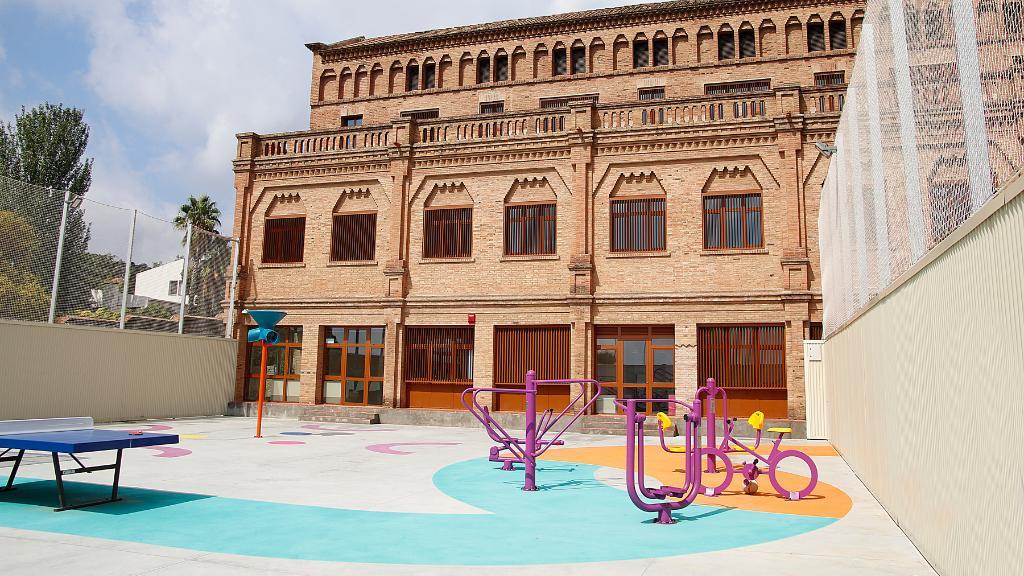
The Unit cares for children under the guardianship of the Government of Catalonia, as well as boys and girls who are with their families and require particularly intense specialised care. Admittance and psycho-educational treatment is provided for a duration of 9 to 18 months.
With a maximum of 30 places, the Unit offers comprehensive and interdisciplinary care, which is coordinated with social and educational services in addition to intensive and personalised treatments that take into consideration the biological, cognitive, and psychosocial factors of children and adolescents.
The Acompanya’m Therapeutic Unit follows an innovative model, thanks to:
- The structure of the centre, which is distributed into residential therapeutic units.
- The intensity of the individual, group and family treatments.
- The provision of psycho-educational healthcare.
- Treatment and care provided in the community and in the child’s environment.
The multidisciplinary team is composed of professionals from various areas of and mental healthcare and education, with a range of expertise that complement each other.
The Unit is well located in very accessible area on the outskirts of the city, with spacious facilities and outdoor areas for doing open-air activities.
The care provided by the Acompanya’m Therapeutic Unit is coordinated with the Catalan Institute of Health (ICS) in a model where responsibilities are shared among the Department of Health, the Department of Education, the Directorate General for Child and Adolescent Care (DGAIA) and SJD Barcelona Children’s Hospital.
Get to know better Acompanya'm Therapeutic Unit
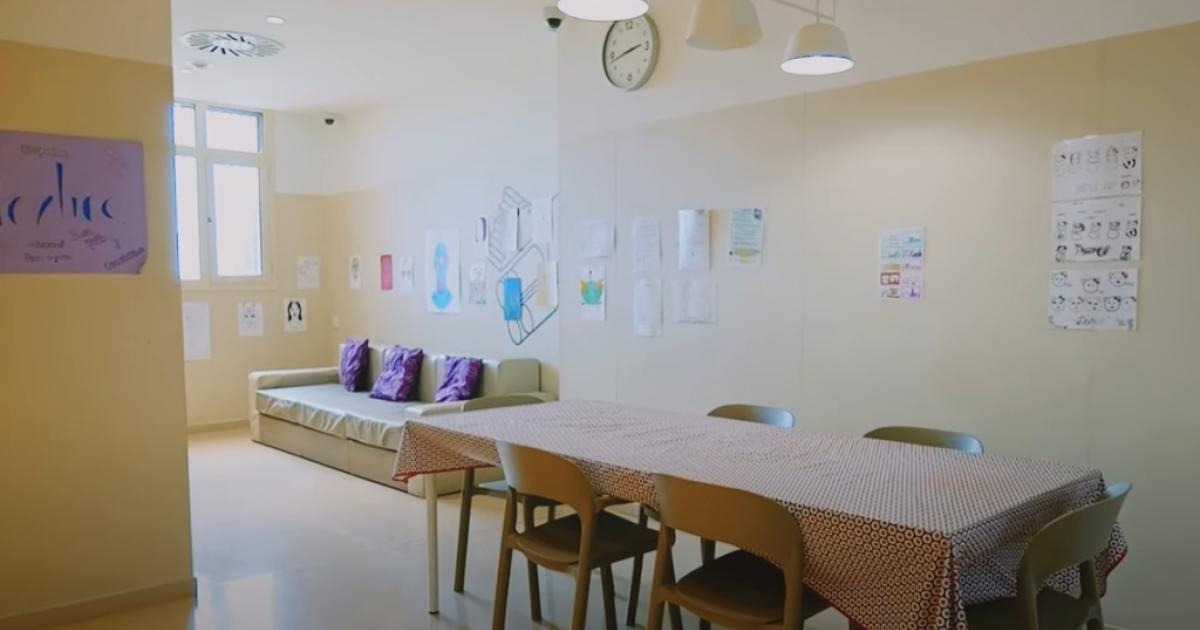
Emotional health and behavior: the impact of the pandemic on children
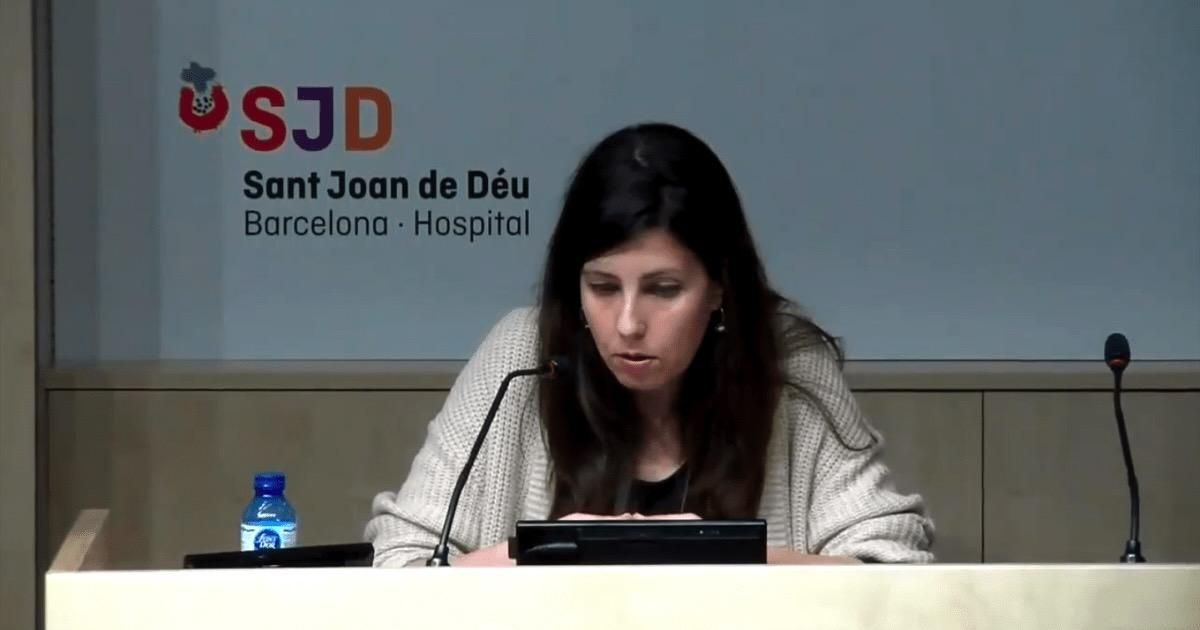
Teaching
SJD Barcelona Children's Hospital is a university hospital affiliated with the University of Barcelona. We share our knowledge and train professionals so that they may specialise in high-complexity medicine.
The Mental Health Area is a leader in training professionals specialising in these fields.
- Specialised training of resident physicians (MIR) in Psychiatry.
- Specialised training of resident clinical psychologists (PIR).
- We give university training: Four of our professionals are associate lecturers at the University of Barcelona: two lecturers in undergraduate programmes and two lecturers in the Master's Degree in General Health Psychology. We help to provide training for the Master's Degree in General Health Psychology at Blanquerna University and the Master's Degree for specialisation in the fields of Psychiatry and Child and Youth Psychology at the Autonomous University of Barcelona.
- Collaboration with the Borja Institute of Bioethics.
- Collaboration with the Sant Joan de Déu Barcelona University School of Nursing.
